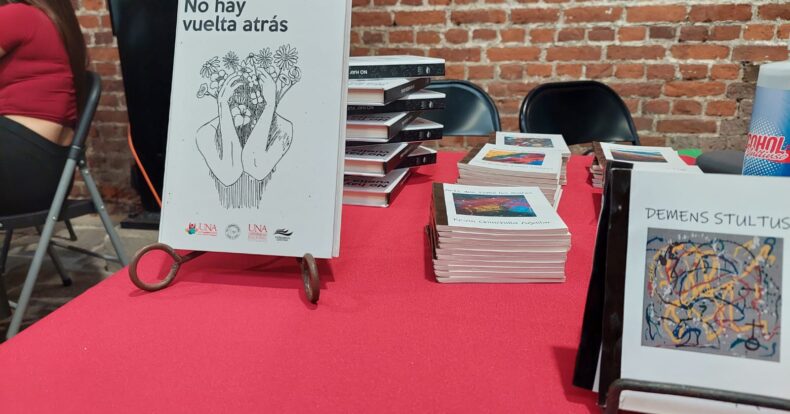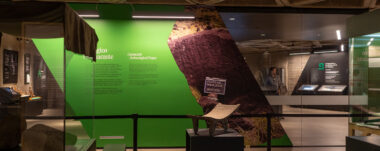Seeds of a Great Harvest: Writing from Prison

Why is reading important to us? It may be because it takes us out of our reality, because it helps us understand our environment, because we feel identified…
That’s why the Ministry of Culture and Youth (Ministerio de Cultura y Juventud) held the first National Reading Festival from November 18 to 20 at the Antigua Aduana.
Among so many stands and so many bookstores, we came across Daniel Matul’s project, a project of reencounter.
It’s a project that, through literature, helps prisoners to find each other again. It started in 2016 and has maintained 3 steps:
- from 2016 to 2018: it was a personal stage. Daniel went alone to jail, with his resources that he was able to bring through donations from friends.
- from 2018 to 2022: it was an institutional stage in which the National University (UNA) provided resources for the project and they managed to produce several concepts such as a musical album, in which Tico musicians such as Luis Montalbert, Pedro Capmany and Guadalupe Urbina made the arrangements and music turning the poems into songs, and more robust editions of poems.
- Current stage: it’s an integral stage since they presented to the National System of Libraries of Peru a pedagogy that they call “of the reencounter”.
Daniel told us that in order to start the writing workshops, they made a tour to get to know the prison and then go deep into this place in order to educate through poetry.
Why is it called pedagogy of reencounter? Because the people involved in the project are able to reconnect with themselves, their families and society. Thanks to this project, the convicts are able to realize that they were not far from society as they thought and that there’s a place in it to which they can return.
Who am I? Am I the one who committed a crime or the one who writes poems? I begin to discover a new human being here.
As for the creative writing workshops, they touch on topics such as human rights, tenderness, love, gender, family, among many others. Everything they talk about and what they see has to be in a written text. The participants started with words because many of them could not read or write; from there, they moved on to pasting sentences, verses, and later, to pasting poems. Daniel tells us that one day the boys showed up with books made with cardboard and sheets of paper they found in jail. With this done, they began to write books and eventually to share their readings in public spaces.
They say that jail is a horrible place, but these people found the light there. They go in one way and come out another.
Author: Mónica Gallardo for Sensorial Sunsets
Navigate articles





